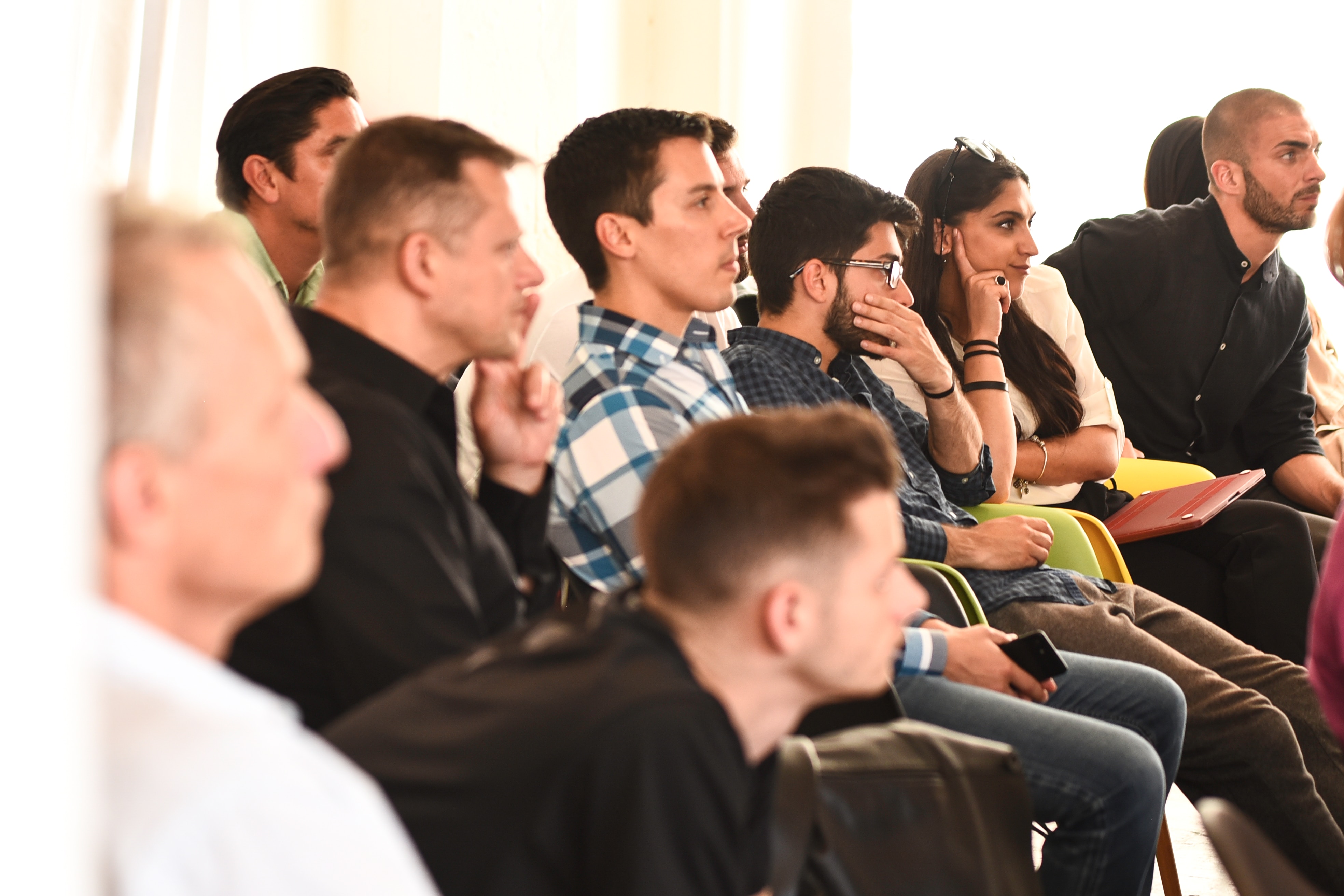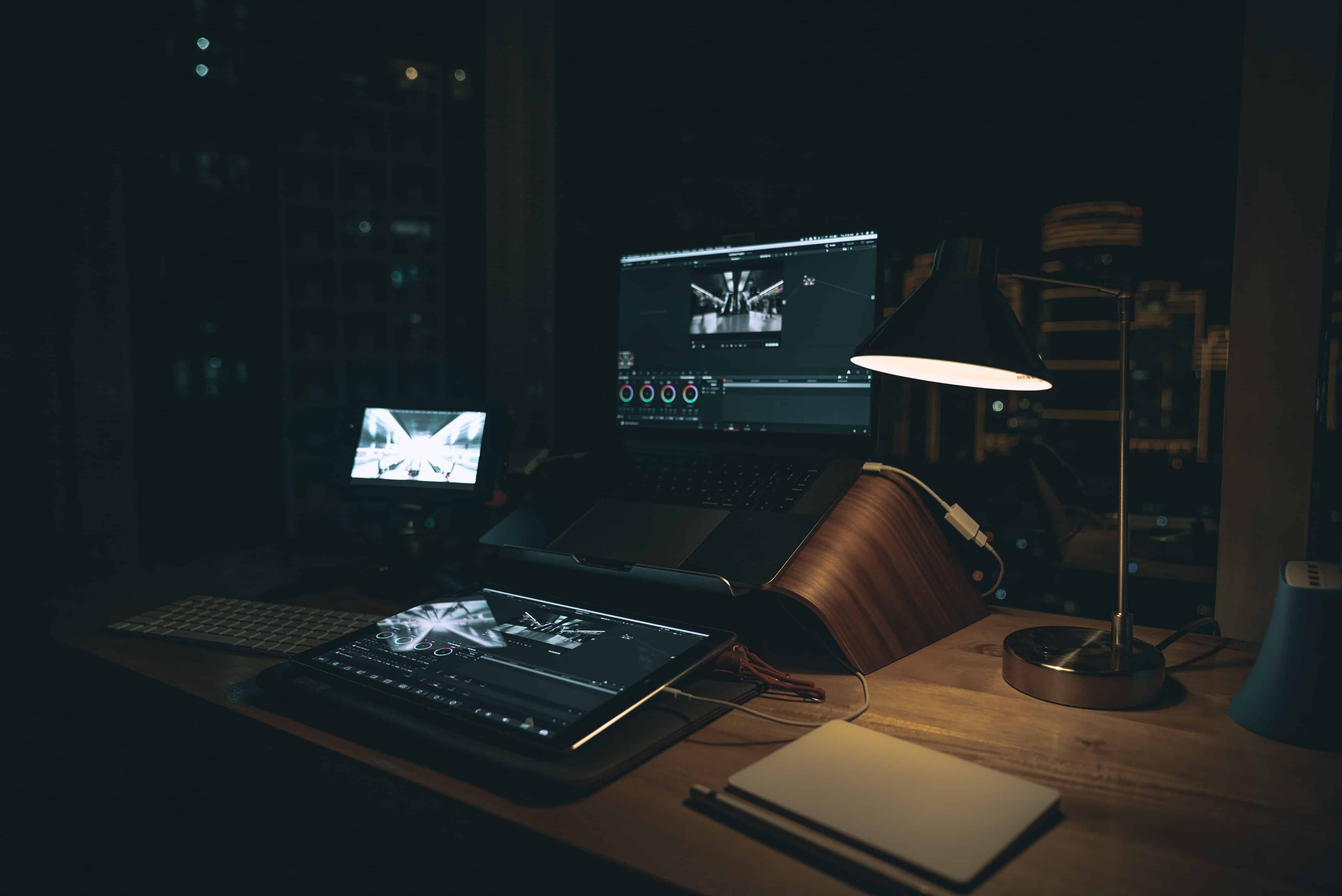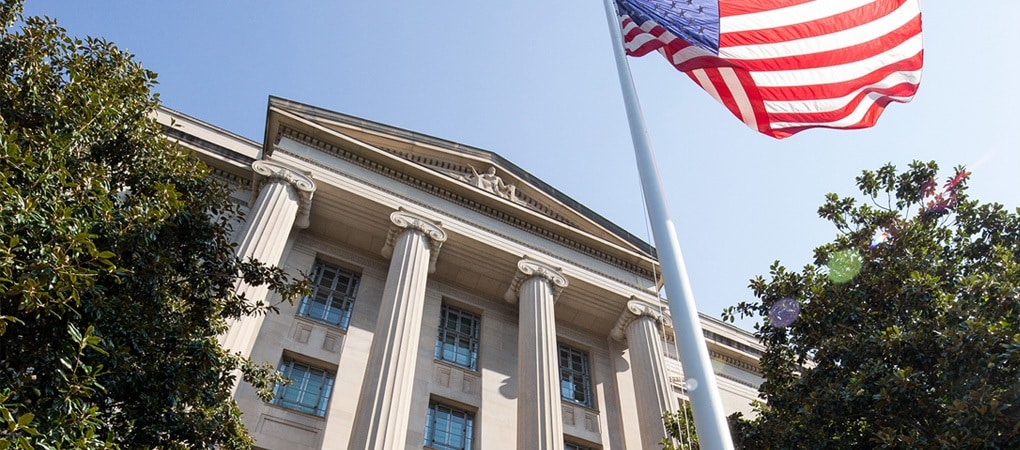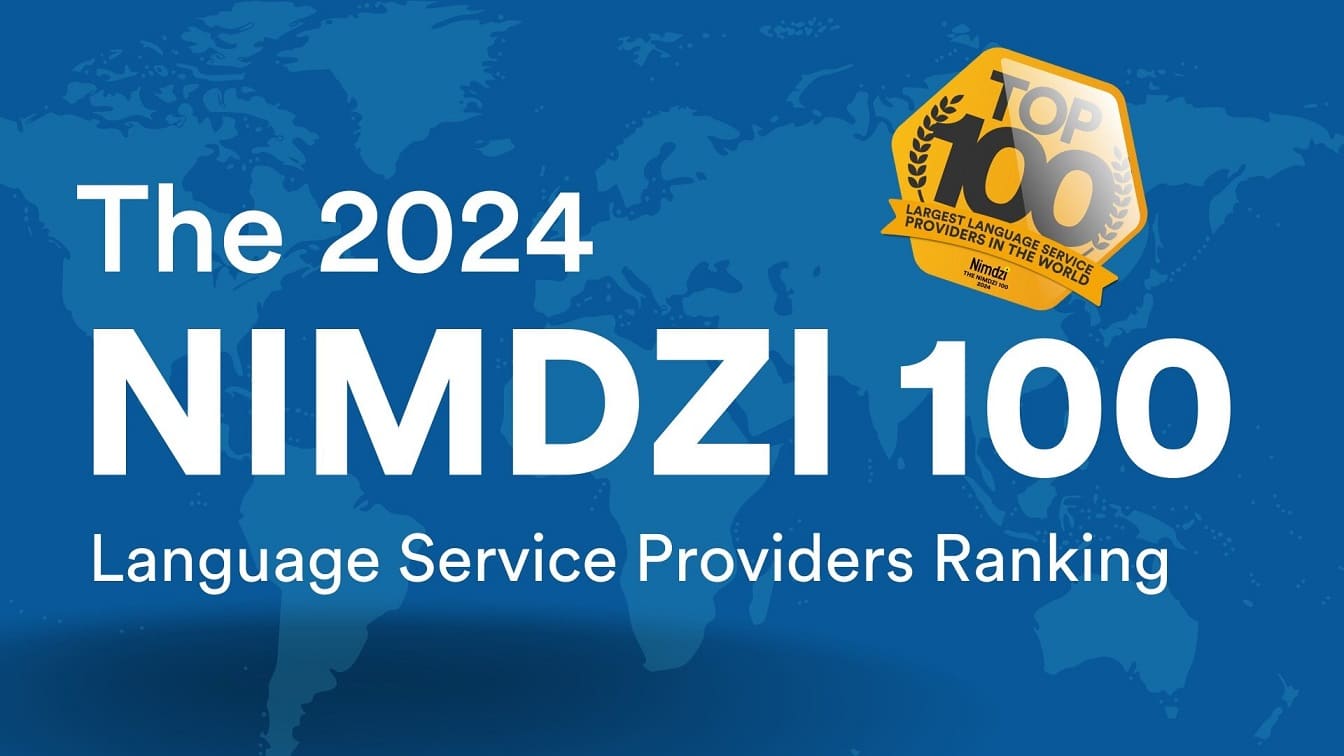In professional and academic settings, individuals display seemingly endless variations in learning styles. Different modalities can help get information across to broader audiences. Some people are visual learners, some are auditory learners, and some do best with access to information in multiple ways. In fact, a recent study found that roughly 63% of students prefer a multimodal approach to learning.
Seminars are an incredibly popular tool for sharing information with employees and students alike. They’re also effective because they offer opportunities to incorporate several different learning styles simultaneously. Speakers can share information verbally while displaying graphics, images, and other visual aids to further drive home their message. Another means of improving information retention during seminars is by offering written transcripts. Let’s take a look at some of the ways seminar transcription can support professional and academic learning outcomes, improve accessibility and boost engagement.
Transcription: The basics
Transcription is the process of converting audio to text to generate readable versions of auditory information. Transcribers or technology can take spoken dialogue and audio elements and convert them into written text. As a result, instructors can provide a word-for-word account of the original recording.
This style of transcription is verbatim transcription. A verbatim transcript will represent information exactly as the speakers deliver it in the original format. An alternative form of transcription, non-verbatim transcription, can streamline the messaging of a recording and serve as an easy-to-follow summary of the main points.
Non-verbatim transcripts undergo heavy editing to eliminate any audio components that are not essential to the main idea of the discussion. For this reason, non-verbatim transcripts aren’t the best option as an accessibility tool, as they do not provide equitable messaging for attendees with disabilities.

What is the purpose of seminar transcription?
Seminars occur in different environments where they serve to share information with a wide variety of audiences. Incorporating visual aids like PowerPoint presentations into seminars can support multiple learning styles and improve attendees’ ability to retain information.
Similarly, offering written transcripts of the content of a seminar can help to improve attendees’ understanding and boost real-time engagement. Transcripts can also support the needs of participants who are Deaf or hard of hearing. Additionally, a written document offers a helpful tool for others, including those with certain neurodivergent conditions and specific learning needs.
Transcripts are also valuable resources for anyone unable to attend a seminar in person. It’s possible to send the transcript after the fact or to include it with recordings making it easier to search for specific parts of the seminar. An accurate transcript can help offer equitable messaging and access regardless of whether a person can physically attend a seminar.

What are Some Kinds of Seminar Transcription?
Several different kinds of seminars can benefit from transcription. Let’s take a closer look at a few of the use cases for seminar transcription.
Business seminar transcription
Business seminars often attract attendees of diverse backgrounds. Additionally, it’s critical to make seminars accessible to everyone. For this reason, it’s important to consider offering accommodations like transcription to support the needs of all participants. An accurate transcript of a business seminar can also serve as a valuable reference tool for attendees long after the conclusion of a seminar. With a searchable transcript, reviewing, revisiting, and implementing the ideas and insights from a seminar is far easier.
Academic transcription
As with business transcription, academic transcription can support the unique needs of modern learners. All students deserve equitable learning experiences, and assistive tools like transcription can help to level the playing field. In academic settings, many find searchable transcripts to be particularly valuable. These transcripts make it easy to locate specific talking points from a seminar to review and study the information or incorporate into a paper or presentation.
Online seminar transcription
While live events are certainly back in full swing in many parts of the globe, virtual events remain incredibly popular. The convenience and relative accessibility of virtual events is helping to boost their staying power. However, tuning in for virtual seminars can pose challenges for attendees due to many variables beyond an organizer’s control. For instance, internet connectivity, sound quality, background noise, and more may create obstacles for attendees. Offering written transcripts of online seminars can help to safeguard against these common issues and help preserve the speaker’s messages.

How can I transcribe my seminar?
In most cases, the fastest and easiest way to generate transcripts of a seminar is to partner with a professional seminar transcription service like Verbit. Verbit is a full-spectrum transcription service that can provide transcripts of both recorded and live events. These high-quality transcripts can support all attendees and those who missed the event.
Verbit’s seminar transcription services use a dual approach to transcription that combines the speed of artificial intelligence with the expertise of professional human transcribers. This approach improves the efficiency without sacrificing accuracy. Verbit also offers a wide range of software integrations with popular media and virtual event-hosting sites to streamline the process of requesting transcription of real-time communications. These software integrations, combined with Verbit’s bulk-uploading capabilities, make it fast and easy for users to tackle even large-scale transcription projects. With Verbit, broadening accessibility initiatives and streamlining the record-keeping process is simple.
Add to your toolkit with Verbit
While there is no one-size-fits-all approach to effectively sharing information, you can improve access and outcomes for all attendees. Incorporating additional solutions like lecture transcription and conference transcription into your day-to-day operations can help to provide meaningful support to your event attendees, employees, students, and visitors.
Partnering with a transcription service like Verbit makes it fast and easy to scale up your transcription efforts to meet the ever-evolving needs of your community. Verbit also offers a full suite of assistive technology solutions like captioning, translation, and audio description to further support organizations, improve the quality of their communications and foster greater accessibility. Visit our blog to learn more about how professional and academic institutions are using assistive technologies to meet their goals. To speak with a member of our team about how our solutions can support your organization, reach out today.




